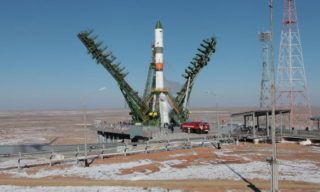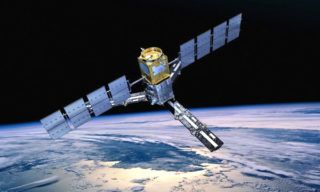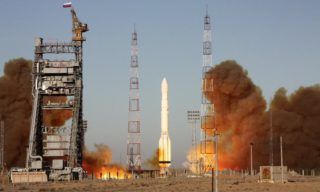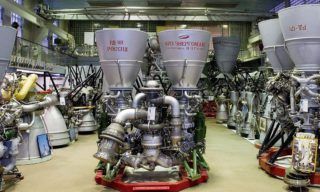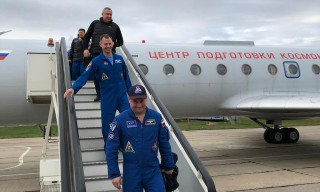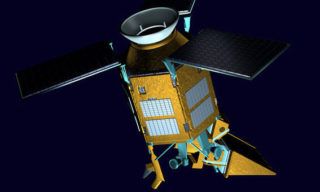On days off from working to expand the Russian habitat at the International Space Station, the cosmonauts will do their usual job – implement the scientific program. Naturally, this time there will be less research than during the previous expedition.
In total, еhe Russian cosmonauts have 45 scientific experiments and targeted work during the 65th expedition. The complexity of the program is 452 man-hours. A number of works are included in the “Task list”: this means that the cosmonauts will take them up at their own discretion during their personal time. An additional 113 hours are planned for such studies.
The ISS-65 scientific program is divided into six directions. The largest number of experiments (18) is provided on the ‘Space Biology and Physiology’. All of them have already been carried out on the ISS.
Oleg Novitskiy and Pyotr Dubrov will have 15 studies in the area of ‘Space Exploration Technology’, five experiments in the ‘Materials Science’ section. Among the traditional works, there will be a new one – the ‘Real’ experiment aimed at studying the deformation properties and fluidity of aluminum melts under microgravity conditions.
The section ‘Physics of Cosmic Rays’ includes two studies. During the ‘BTN-Neutron’ experiment, the study of fast and thermal neutron fluxes will be continued, and the cosmonauts will be engaged in mapping the night atmosphere in the near ultraviolet range according to the plan of the ‘UV-Atmosphere’ experiment. Within the same scientific section, it is proposed to study the effect of cosmic rays and radiation conditions on the ISS flight path using dosimetry equipment, located in a ball phantom simulating the human body parameters.
The ‘Exploration of the Earth’ section includes an experiment on observation of layered formations in the upper mesosphere – lower thermosphere in the infrared range using the ‘Terminator’ instrument set. In addition, the equipment of the ‘SOVA’ and ‘Ikarus’ experiments will operate automatically to monitor the global migration of birds and animals.
The humanitarian part of the scientific program is presented by the section ‘Practical tasks and educational activities’, with four projects planned. One of them is called ‘About Gagarin from Space’: the amateur radio channel transmissions from the ISS to the ground receiving stations of the world. These transmissions include photographic materials dedicated to the life and work of the first cosmonaut.
Notably, the scientific equipment for experiments under the Russian program is located not only in the Russian segment. Rof instance, the Japanese module Kibo will be used to carry out the ‘Crystallizer’ experiment. Experiments ‘Kinetics-1’, ‘Plasma Crystal’ and ‘Peritectics’ will take place in the European ‘Columbus’, the ‘Real’ target work in the American Destiny, and the EarthKAM experiment in the American modules LAB, Node1 or Node2.







